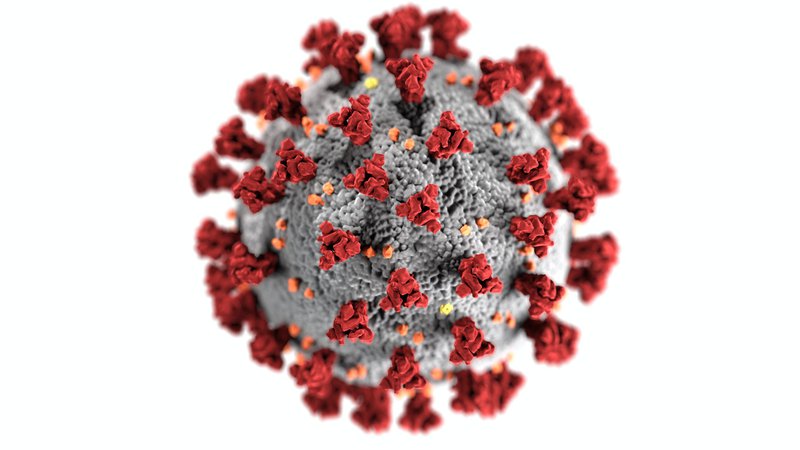Prof de Oliveira sheds light on increasing Covid19 cases and new Swine Flu
Updated | By Darren, Keri, Sky
Bioinformatician and Virus Hunter, Prof Tulio de Oliveira - who is also the director of the KwaZulu-Natal Research Innovation and Sequencing Platform (KRISP) at UKZN, joined Darren, Keri, and Sky with insight regarding recent developments about Covid-19 in South Africa, as well as a potentially high pathogenic Flu strain.

In recent weeks, South Africa has reported a rapid rise in novel coronavirus infections, with 7,210 cases reported on 26 June alone. This alarming figure, according to Prof Tulio de Oliveira, is heavily influenced by the easing of Lockdown regulations.
"What is causing big increase of course that it is more people working together, family gatherings, school and friends gathering, transport," said the Prof.
"Some people are not aware, but the UK is only coming back to schools in September, and they stopped their schools before us... For example, Spain stayed in level 5 for 3 months... in South Africa, we came out of level 5 because we need to get the economy running, but need to do this the responsible way," he continued.
Prof further discussed a number of factors associated with potential Covid-19 infections, including blood type.
READ: Professor Tulio de Oliveira discusses Covid-19 in prisons
Following breaking news this week that researchers in China have discovered a new type of swine flu that is capable of triggering a pandemic, Darren also asked Prof Oliveira about a Genomic study that identified the new virus or pathogenic strains.
For more information on this study and the rest of the interview, listen to the podcast below. But first, here's a short video on Genomics analysis in Africa:
Show's Stories
-
R20,000 Cognac order: The wildest food deliveries
From a whole lot of fried chicken to expensive cognac, here are some of ...
Stacey & J Sbu 2 days, 4 hours ago -
Update: Rocky the seal is one strong pup!
Do you remember the adorable seal who washed up on Rocky Bay Beach last ...
Stacey & J Sbu 2 days, 4 hours ago